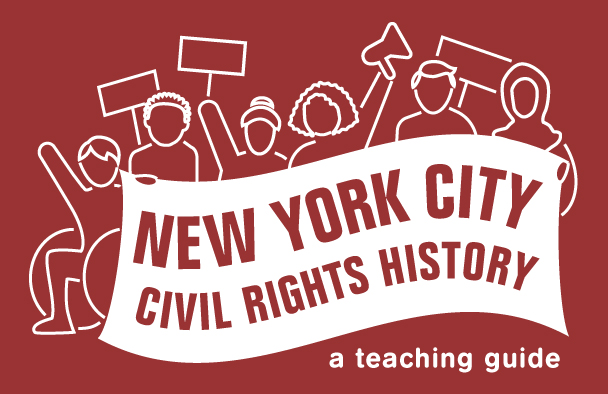2022-23 School Performance Dashboard, Mark Twain I.S. 239
As a “gifted and talented” school, Mark Twain accepts applicants from all over the city. This report from the NYC Department of Education describes who attends Mark Twain and how students who attend do on standardized tests.
